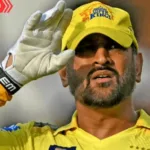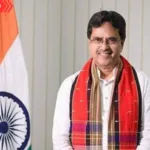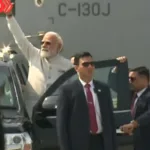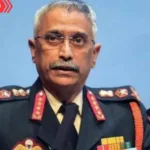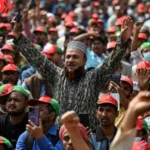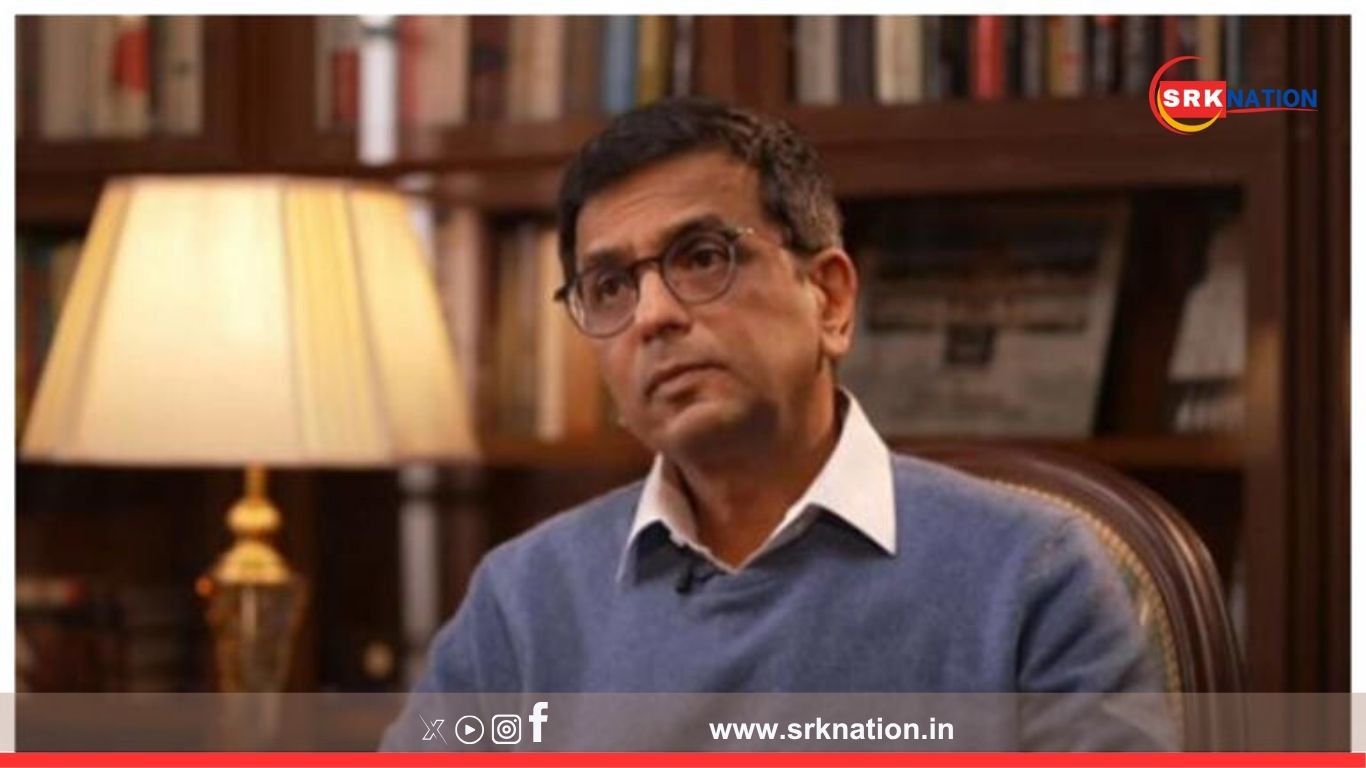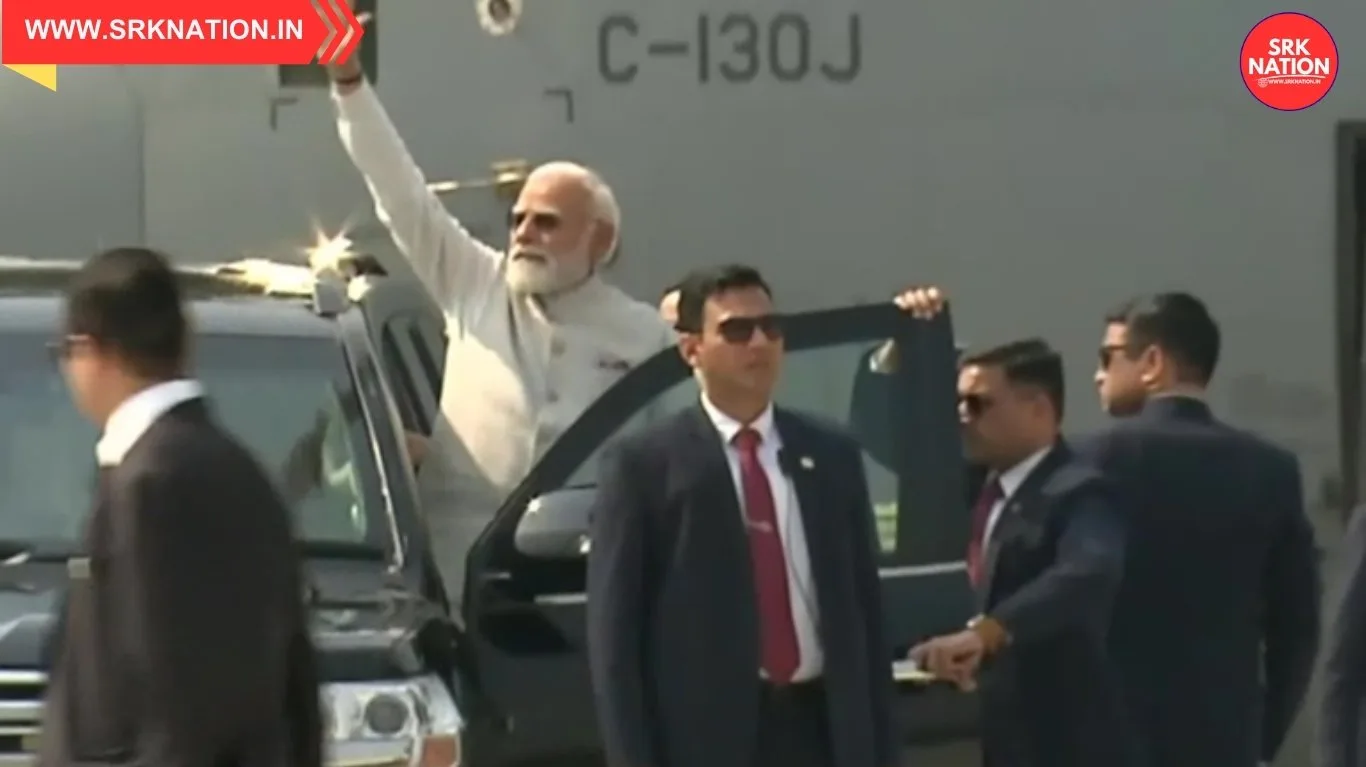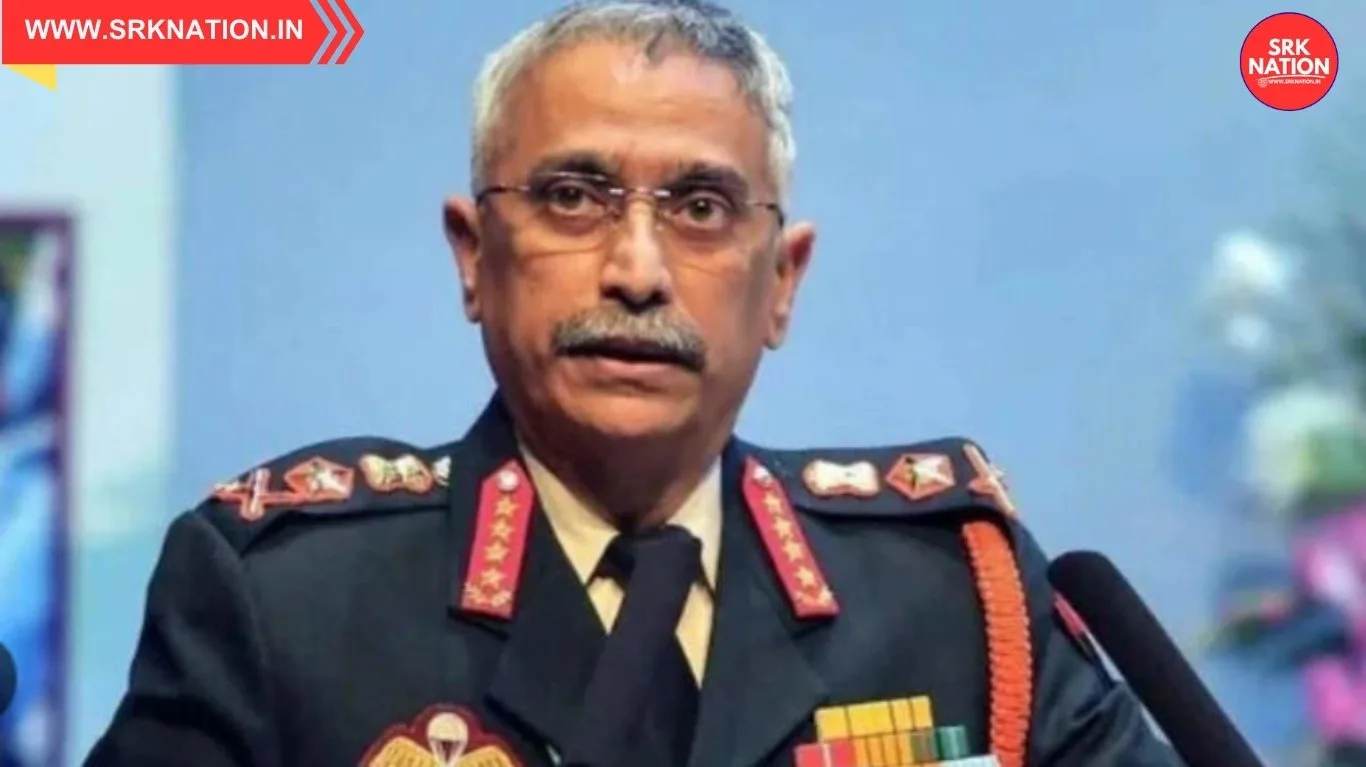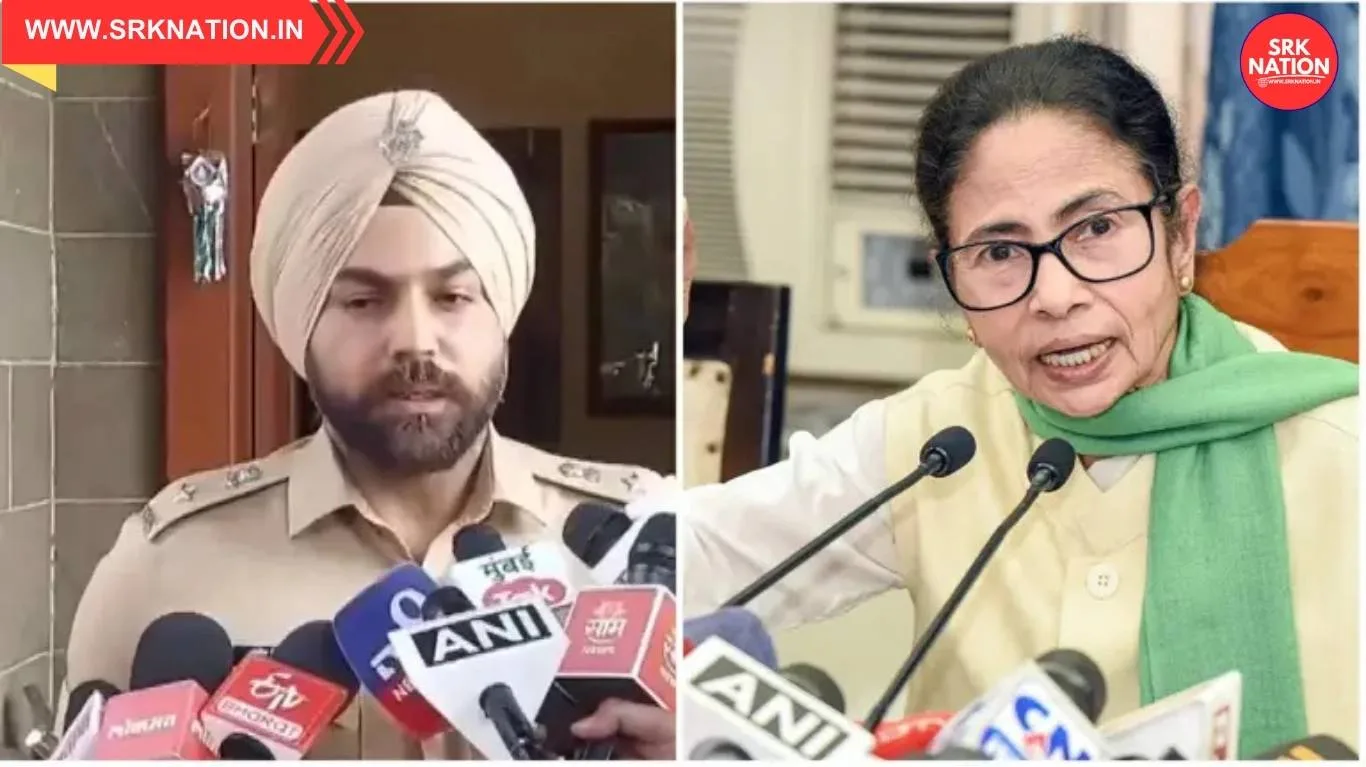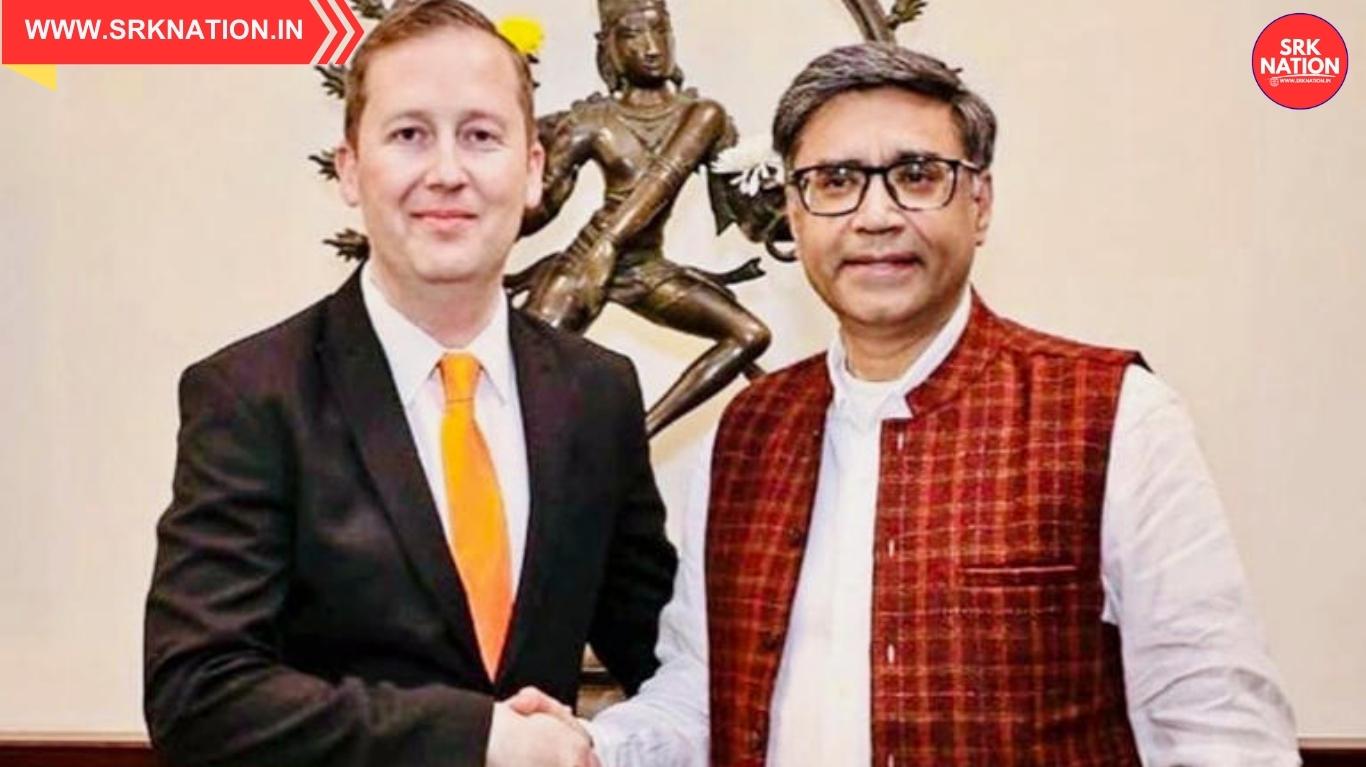Former Chief Justice of India D.Y. Chandrachud has expressed strong support for the One Nation, One Election proposal, stating that staggered elections were never a feature of the original Constitution. In a written submission to the Parliamentary Joint Committee reviewing the 129th Constitutional Amendment Bill, 2024, he argued that simultaneous elections do not violate the basic structure doctrine and are consistent with the principles of universal adult franchise.
🗳️ Key Observations by Justice Chandrachud
- Free and fair elections are a constitutional mandate, but the Constitution does not require them to be held non-simultaneously
- Staggered elections, he noted, are not an immutable feature of the Constitution
- The concern that simultaneous polls may blur the distinction between national and state issues assumes that voters are naive, which contradicts the spirit of universal suffrage
- The legislation allows for midterm elections in case of premature dissolution, ensuring continuous representation
⚖️ Addressing Concerns Over Electoral Fairness
Justice Chandrachud acknowledged concerns that regional parties may be disadvantaged due to the resource dominance of national parties. However, he emphasized that this issue is independent of the simultaneous elections proposal and should be addressed through campaign finance reforms.
He also opposed granting undefined powers to the Election Commission, particularly the authority to delink state elections without clear guidelines, and cautioned against proposals that would make no-confidence motions contingent on trust votes.
🧭 Broader Constitutional Context
- The proposal is part of the One Nation, One Election initiative backed by the central government
- Former CJIs U.U. Lalit and Ranjan Gogoi had earlier raised concerns about the bill’s constitutional validity and the scope of EC’s powers
- The Joint Committee is set to hear from Justice Chandrachud and other legal experts on July 11
“Simultaneous elections do not infringe upon the right of voters to choose their representatives,” Chandrachud wrote, reinforcing that the electorate’s agency remains intact under the proposed framework.
🔁 Share this article to follow the evolving debate on electoral reforms and constitutional governance in India.

